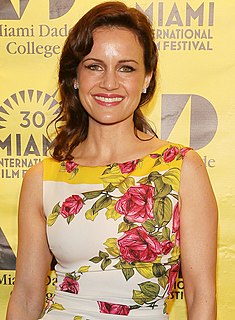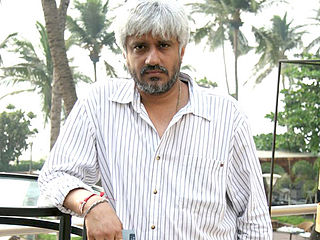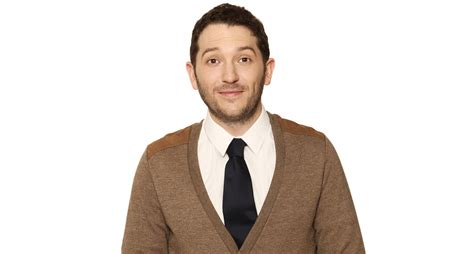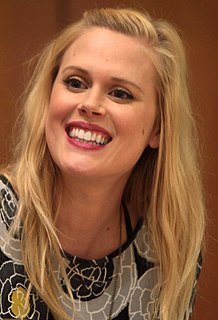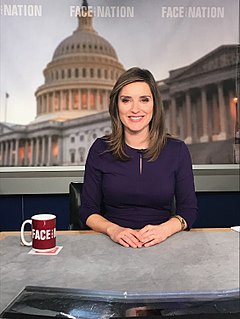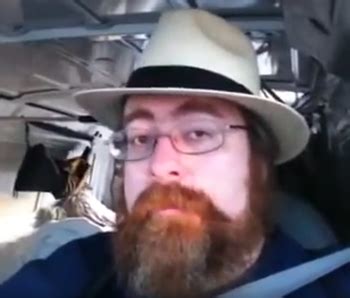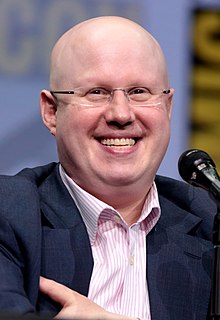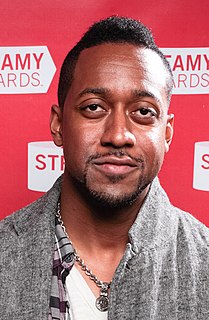A Quote by Bob Saget
What I've learned about comedy people is that they're defined by the harshest level they've been to, their personal Auschwitz.
Related Quotes
My father's mother was a secular Jew who died in Auschwitz. I only found out as an adult because my father never talked about it. He was a secularist and never defined himself in ethnic terms - partly, I think, because he was scared; partly out of the habit of not talking of such things; partly because he didn't like being defined by other people.
I grew up at NBC and started there right out of college. I learned producing and booking. I was on MSNBC, 'Today' and 'Nightly.' I knew everyone from every level of the company. That was a comfort level. I had a personal relationship with a lot of the editorial leadership there. It wasn't easy to leave.
I've learned a few things from the tea party, both the political one and the one in Alice in Wonderland. From the first, I learned that you can make people angrily shuffle in roughly the same direction if you appeal to their beliefs in poorly defined ways. From the second, I learned that England has some sort of substance called treacle.
People like to say that Plutarch's is a really "personal" voice, but in truth Plutarch tells us very little about his life. His voice is personable but never personal. It feels intimate because he's addressing the world as we experience it, at this level, a human level, rather than way up here where very few of us live.


